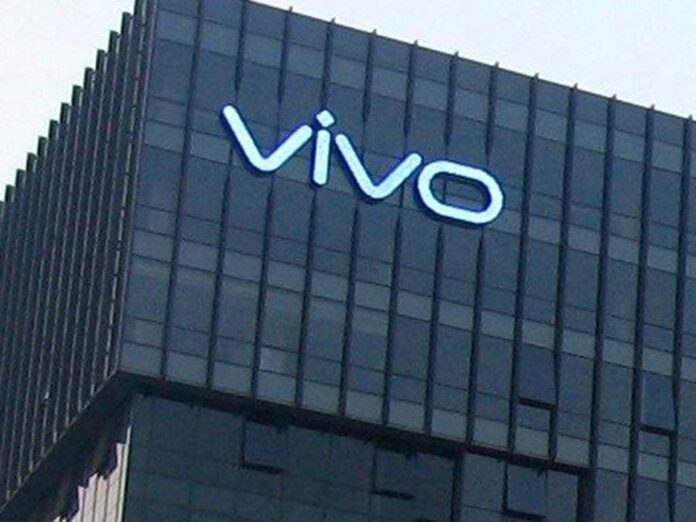India’s financial crime agency arrested four industry executives including one Chinese national working for smartphone maker Vivo in India in a case of alleged money laundering, according to legal papers and lawyers working on the case.
The arrest adds to the legal troubles of the Chinese phone maker in India. It comes amid rising tensions between Beijing and New Delhi over issues ranging from border disputes to India’s increasing scrutiny of Chinese businesses and investment.
Vivo said in a statement it “firmly adheres to its ethical principles and remains dedicated to legal compliance. The recent arrest deeply concerns us. We will exercise all available legal options”.
India’s Enforcement Directorate (ED) did not immediately respond to requests for comment.
Earlier in the day, two sources told Reuters that four Vivo employees had been arrested, but during a court hearing where executives were produced lawyers said only one Vivo employee, a Chinese national identified in legal papers as Guanwen Kuang, was arrested.
Further details of the investigation were not immediately clear. The ED’s counsel, Manish Jain, sought 10 day custody for the arrested individuals, but the judge ordered only three days.
The names of three other executives, and their affiliations, were not immediately clear.
The executives were arrested in relation to an ongoing 2022 case where the ED raided Vivo’s offices and accused it of money laundering, the first of the sources said.
Vivo has repeatedly denied the allegations. It has previously said it cooperated with authorities to provide them with all required information and was “committed to be fully compliant with laws”.
Vivo is owned by China’s BBK Electronics, which also operates brands such as Oppo and Realme in India. Vivo is the second biggest smartphone brand in India with a 17% market share in shipments, trailing behind Samsung, according to data from research firm Counterpoint.
In 2022, the ED blocked 119 bank accounts linked to Vivo’s India business, but a court later revoked the move.
Indian police also have formally accused Vivo of helping transfer funds illegally to a news portal under investigation on charges of spreading Chinese propaganda, Reuters reported last week. Vivo hasn’t commented on the matter.
Relations between India and China have increasingly soured since a 2020 military clash on their disputed Himalayan border in which 20 Indian soldiers and four Chinese troops were killed.
Since then, India has banned hundreds of Chinese apps including TikTok, citing national security concerns, and tightened scrutiny of incoming investments from its neighbour.
Recently, carmaker BYD’s proposal to invest $1 billion to build electric cars and batteries in India faced increased scrutiny from New Delhi, forcing the carmaker to drop its plans, Reuters reported in July.




